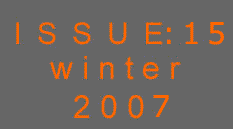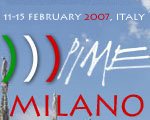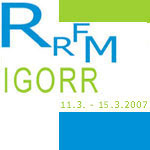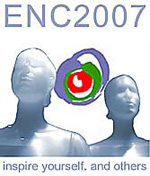 |
 |
Issue No.15 Winter
|
| ENS News |
| ENS Events |
| Member Societies & Corporate Members |
| Summary of a Feasibility Study into the constructing of a new nuclear powerplant in Lithuania The Financing of a Nuclear Power Plant Output at the Borssele Nuclear Power Plant Borssele (KCB) increased by 35 MWe Radiation monitoring system for Kudankulam NPP: project development and implementation goes ahead Elections of the new President and Board Members
of the Hungarian Nuclear Society |
YGN Report |
| European Institutions |
| Eurobarometer Survey on Energy Technologies: a mixed bag of results for the nuclear industry |
| ENS World News |
ENS Members |
| Links to ENS Member
Societies Links to ENS Corporate Members Editorial staff ______________________ |
| _____________________ |
| _____________________ |
| _____________________ |
| _____________________ |
|
|
|
|
|
Word from the President
Contributing, communicating, participating.
Dear ENS NEWS Reader,
First of all I would like to wish you and your family a happy, prosperous and healthy 2007!
But what will the New Year bring? Well, it certainly promises to be a busy one and a watershed year for EU energy policy – something that this edition of ENS NEWS has attempted to reflect.
The strange controversy surrounding ITER
by Andrew Teller
ITER, the reader will certainly recall, is the next step in the world’s endeavour to produce energy by fusing light nuclei together (see ENS NEWS no 4, Spring 2004). After protracted discussions, it was decided last year that the Cadarache site, in the south of France, would house the reactor. Having reached consensus on the siting, the parties got finally round to signing the international ITER Agreement, which took place on 21st November 2006 at the Elysée Palace in Paris.
Register now for PIME 2007!
PIME 2007 will take place from 11 - 15 February, in Milan. PIME 2007 offers a varied and top-quality programme that covers a range of issues of importance to nuclear communicators. It features a number of international experts and high-level speakers who represent all aspects of nuclear communications. For the first time, in 2007, PIME will include two ‘blind workshops’ that provide participants with a results-oriented, hands-on approach to creating ready-made communication tools in response to key needs.
RRFM 2007 / IGORR: Research into reactor fuel management in the international spotlight!
In 2007, ENS and IGORR (the International Group on Research Reactors) will, for the first time, jointly organise RRFM 2007 / IGORR. This unique conference for specialists involved in all aspects of research into reactor fuel management and technology will take place from 11 – 15 March 2007, in Lyon, France.
ENC 2007
Mark your diary!
Sharing knowledge and providing insight on the latest developments in nuclear research and its applications – that is the aim of the European Nuclear Conference (ENC).



